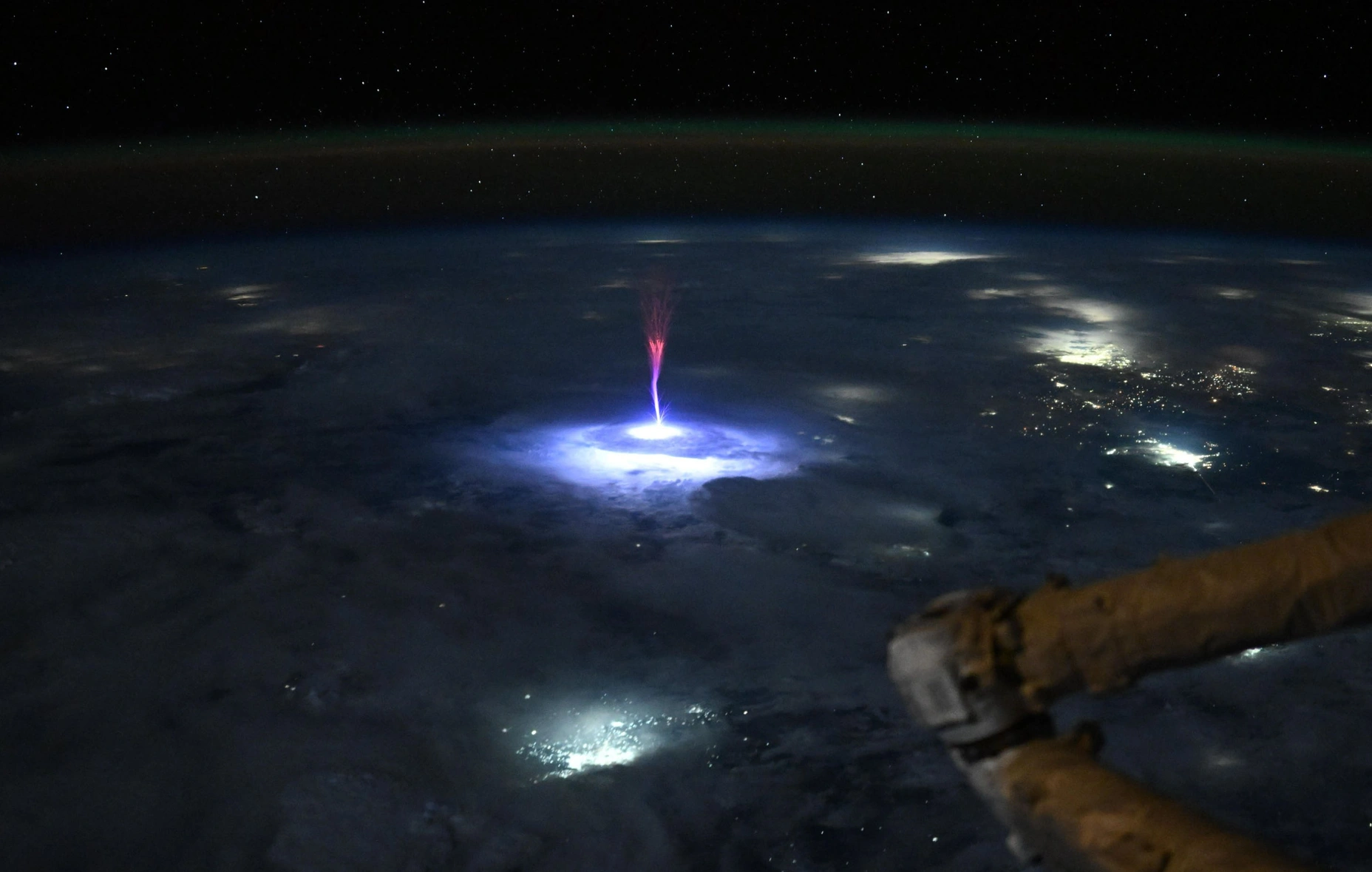How Anthropic Decides What to Build Next
Catherine Wu (via Sachin Rekhi):
Step 1: Idea → Prototype Got a feature idea? Skip the spec. Build a working prototype using Claude Code instead.
Step 2: Internal Launch Ship that prototype to all Anthropic engineers immediately. No polish required—just functionality.
Step 3: Watch & Listen Track usage religiously. Collect feedback actively. Let real behavior, not opinions, guide decisions.
Step 4: Data-Driven Prioritization
- High usage + positive feedback → roadmap priority
- Low engagement or complaints → back to iteration
I’m increasingly of the opinion that focusing on prototypes first cuts through a lot of what ails many product development processes.
